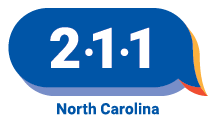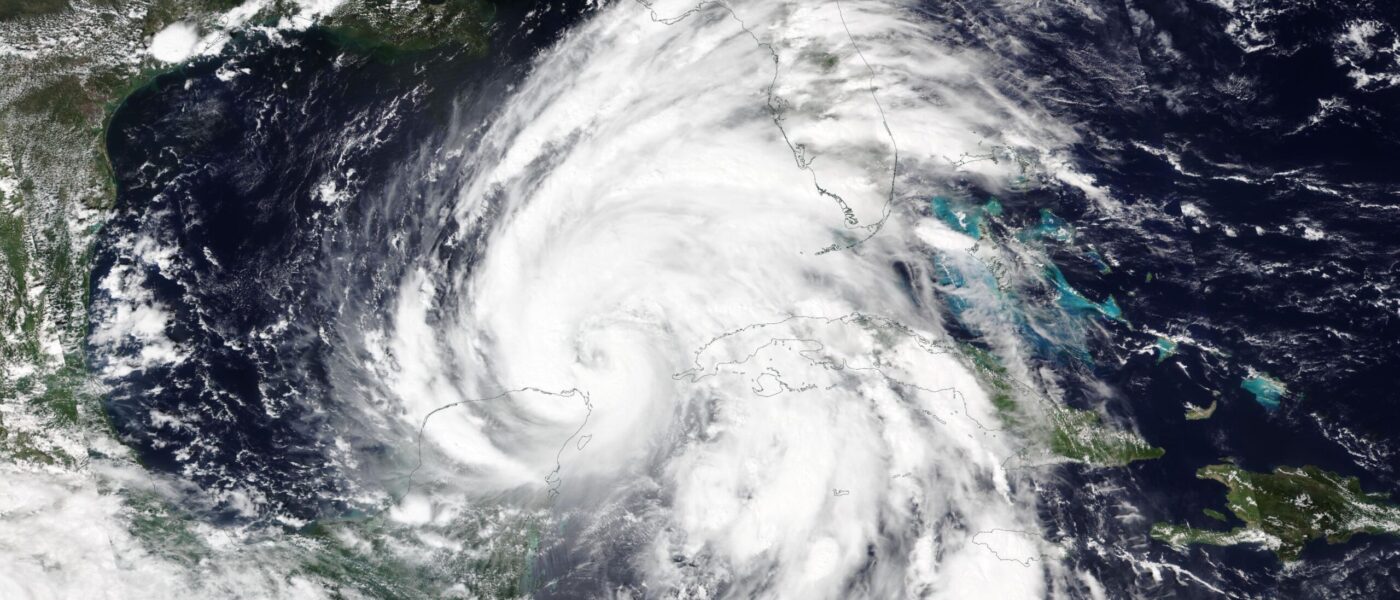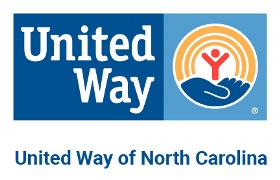Make A Plan
It is important to secure your home and protect your valuable possessions. The Atlantic hurricane season runs from June 1 – November 30. While devastating hurricanes can occur anytime during those months, peak hurricane season is mid-August to late October. Know your nearest shelters, and inform your family of your plans.
Make A Kit
An emergency kit is a container of items your family may need in or after an emergency. Put the kit in a location where everyone in your household can access it. Put enough water, food, and supplies to last three to seven days (don’t forget about your pets!).
Click here for instructions on how to put an emergency kit together.
Stay Informed
In the event of an emergency, it is important to have multiple sources of information and potential alerts. Emergency messages are shared via cell phone services, TV, radio, NOAA, and the internet. Additionally, there are multiple websites with trusted sources of information on such events, including:
- North Carolina Department of Public Safety
- North Carolina 2-1-1
- North Carolina Emergency Management
- National Hurricane Center
- Federal Emergency Management Agency
Watches vs. Warnings
In order to keep your family safe as a storm threatens your area, it is important to know the difference between watches and warnings. A watch means weather conditions in the area have the potential of becoming dangerous to potentially life-threatening within 48 hours. A warning means severe conditions are imminent within 36 hours.
Insurance
When preparing for a natural disaster within your area, one of the most important things a homeowner can do is confirm they have a good insurance policy. Be aware that homeowner’s insurance does not cover flood damage, regardless of if you own or rent. Whether you are in a high, low, or moderate risk area, a separate flood insurance policy can be purchased. Policies are available for both residential and commercial buildings as long as the community joins in the National Flood Insurance Program. Remember that new flood insurance policies often require a 30-day waiting period.
For information about the National Flood Insurance Program, call 877-336-2627.
Evacuating
When debating whether to evacuate or stay within your home during an emergency, it is always important to follow the orders of local emergency management officials. As you may not have much time to leave in some incidents, it is always important to have a disaster and evacuation plan in place with your family. Visit ReadyNC for evacuation routes, evactuation zones, and what to take to a shelter.
Staying Safe at Home
If you choose to remain home or it is instructed by local emergency management officials, you must prepare to be self-sufficient for several days. Some important steps to take in ensuring safety within your home include the following:
- Never run a generator inside your home or garage. Carbon monoxide fumes can build up and become deadly.
- During a power outage, do not open your refrigerators or freezers unless absolutely necessary. This could cause cold air to escape, making food thaw more quickly.
- Cover windows and doors with plywood and shutters. Thick plastic sheeting and duct tape can also be utilized.
- Bring all of your family members and pets inside.
- Bring your emergency supply kit with you.
- Go into an inside room on the first floor with few windows.
- Stay informed using the radio or other electronic devices.
- Bring loose items (tables, chairs, etc.) indoors.
|
Local Contacts
Below you will find a list of local contact information that may be helpful following a disaster. Contacts include county emergency services, shelter information, local Sherriff’s Departments, Red Cross offices, local hospitals and helpful smartphone applications. If you are having trouble finding local contact information, please do not hesitate to call one of our offices.
County Emergency Departments:
- New Hanover County Emergency Management; (910) 798-6900
- Brunswick County Emergency Management; (910) 253-5383
- Pender County Emergency Management; (910) 259-1210
- Columbus County Emergency Services; (910) 640 6610
- Bladen County Emergency Management; (910) 862-6761
- Robeson County Emergency Management; (910) 671-3150
- Cumberland County Emergency Services; (910) 321-6736
Local Sheriff’s Departments:
Below is a county by county list of local Sheriff’s Departments in NC-07. Please contact your local Sheriff’s Department if you have an emergency and cannot get in contact with 9-1-1, your home is flooding, or you are trying to locate a missing person.
| Bladen County Elizabethtown, NC (910) 862-6960 |
New Hanover County Wilmington, NC (910) 798-4200 |
| Brunswick County Bolivia, NC (910) 253-2777 |
Columbus County Whiteville, NC (910) 642-6551 |
| Pender County Burgaw, NC (910) 259-1212 |
Robeson County Lumberton, NC (910) 671-3100 |
| Cumberland County Fayetteville, NC (910) 323-1500 |
Local Hospital Contact Information:
| Elizabethtown Cape Fear Valley – Bladen Healthcare 501 S Poplar St, Elizabethtown, NC 28337 (910) 862-5100 |
Whiteville Columbus Regional Healthcare System 500 Jefferson St, Whiteville, NC 28472 (910) 642-8011 |
| Southport Dosher Memorial Hospital 924 N Howe St, Southport, NC 28461 (910) 457-3800 |
Wilmington New Hanover Regional Medical Center 2131 S 17th St, Wilmington, NC 28401 (910) 667-7000 |
| Lumberton UNC Health Southeastern 300 W. 27th St, Lumberton, NC 28358 (910) 671-5000 |
Fayetteville Cape Fear Valley Health 1638 Owen Dr, Fayetteville, NC 28304 (910) 615-4000 |
| Burgaw Novant Health Pender Medical Center 507 E. Fremont St, Burgaw, NC 28425 (910) 300-4000 |
Bolivia Novant Health Brunswick Medical Center 240 Hospital Dr NE, Bolivia, NC 28422 (910) 721-1000 |
United States Postal Service Information:
USPS Service Alerts provide information to consumers, small businesses and business mailers about postal facility service disruptions due to weather-related and other natural disasters or events. Customers can use this website to find if their mail is being delivered, or if their Post Offices are open.
Smartphone Apps to have during and after severe weather:
ReadyNC: Please visit ReadyNC.gov for preparedness tips and the most recent updates on hurricane recovery.
Red Cross Hurricane App: free; sends alerts from NOAA (The National Oceanic and Atmospheric Administration); includes a flashlight, alarm and strobe light; for Apple and Android devices. The Red Cross also offers first aid apps for people and pets.
AccuWeather: free; gives forecasts, radar and video; for Apple and Android devices.
NOAA Radar US: free; provides real-time radar images; gives National Weather Service alerts.
GasBuddy: GasBuddy has activated its fuel availability tracker so residents in North Carolina, South Carolina, and Virginia can find gas more easily.
####
Source: https://rouzer.house.gov/specialty/hurricane-resources.htm


